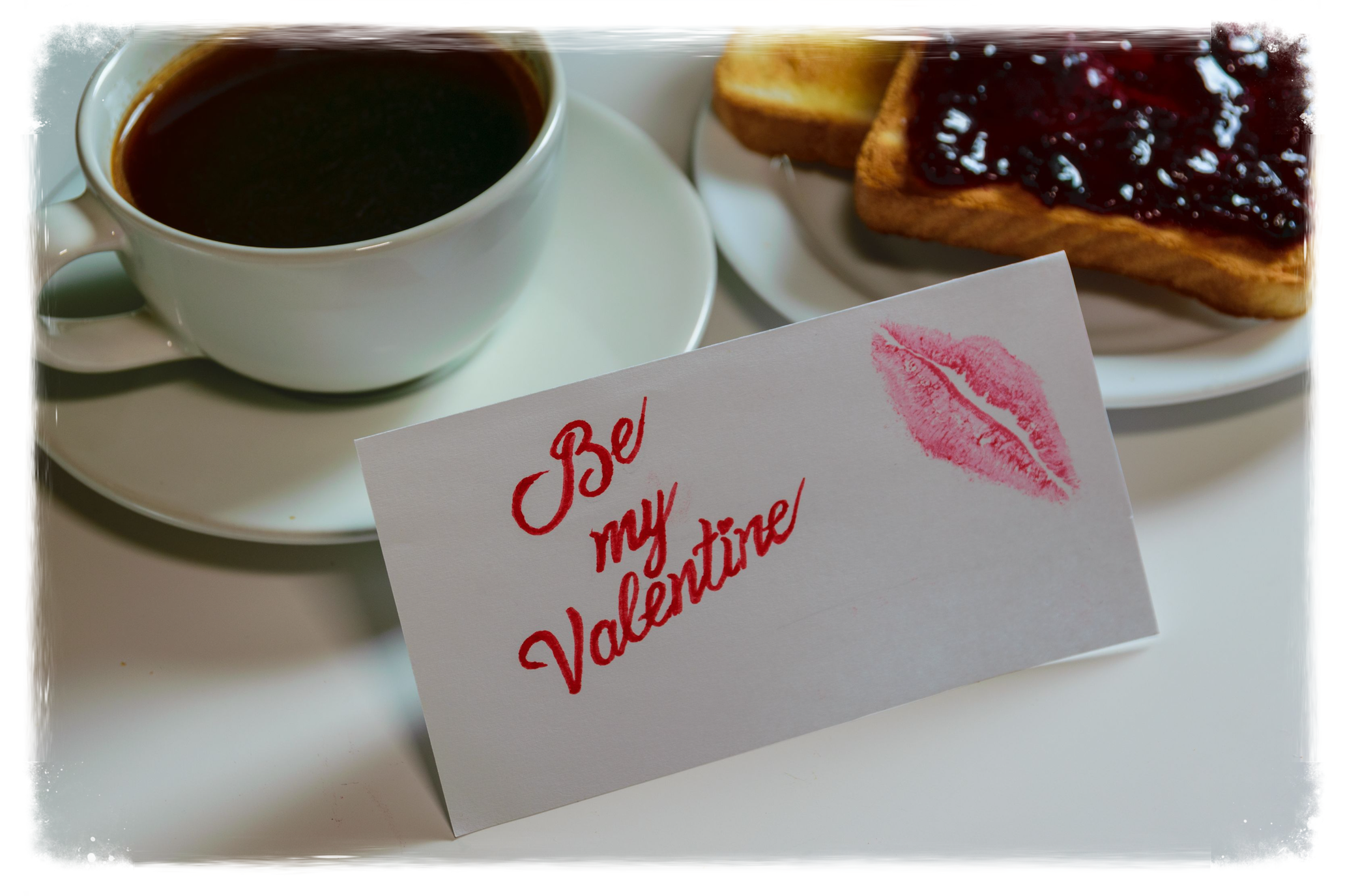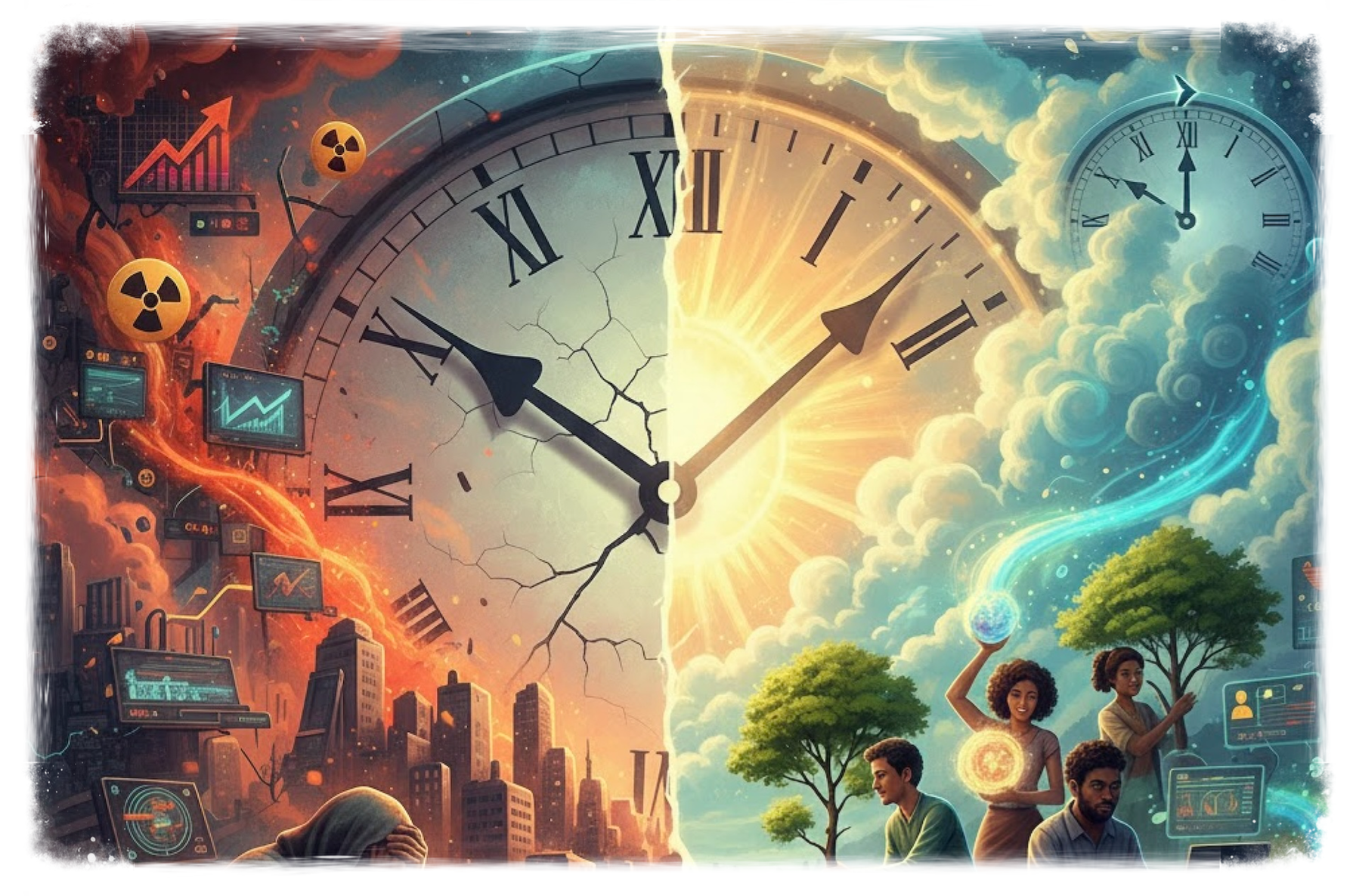
francesmanwaring.com
Be bold, be confident, be colourful—never succumb to beige!
I'm a creative leader, author, blogger and motivational speaker.
I write and record stories for people who wear their metaphorical high-viz vests with flair and panache… or want to. Whether the panache in question is Ming or bling, no problem.
In my writing , I love entertaining people and inspiring them to feel good about themselves by sharing my insights and philosophies.
My long-time mantra is Never Succumb to Beige.
I draw on life’s lessons, traversing eclectic topics like the joys of schadenfreude, strategic gift-buying, and the value of teeth. I’m a fan of the lessons to be learnt from literature, history, and music, with reference and deference to legends like George Eliot, Cleopatra, and Coco Chanel.
I hope you enjoy my eclectic take on life, the universe, and everything. If my philosophy resonates, hit the ‘Subscribe’ button below so you don’t miss a story!

Let me entertain you!
My Newsletter
My Books
Motivational Speaking
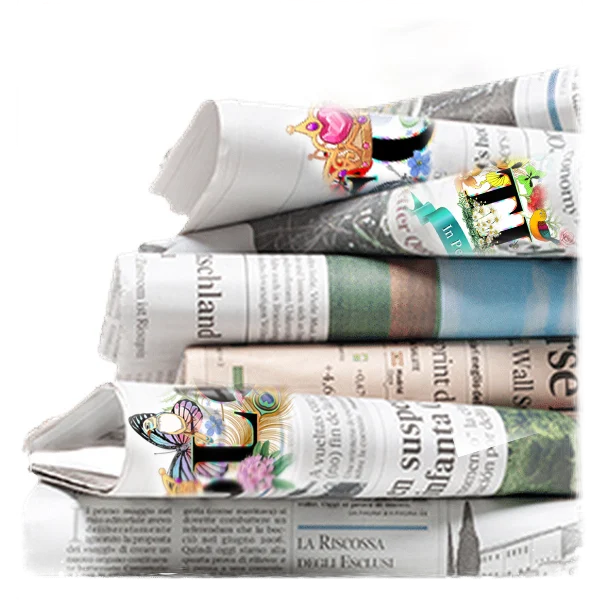
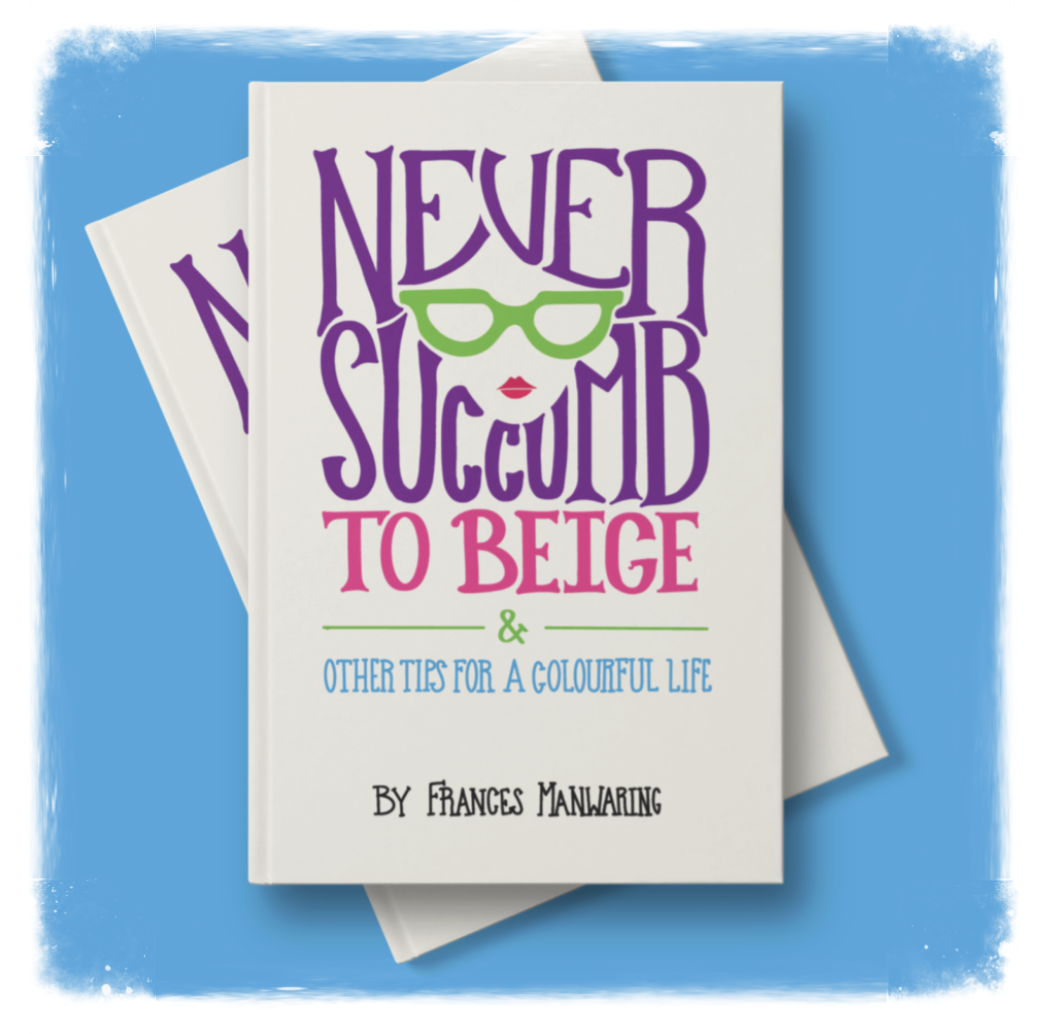
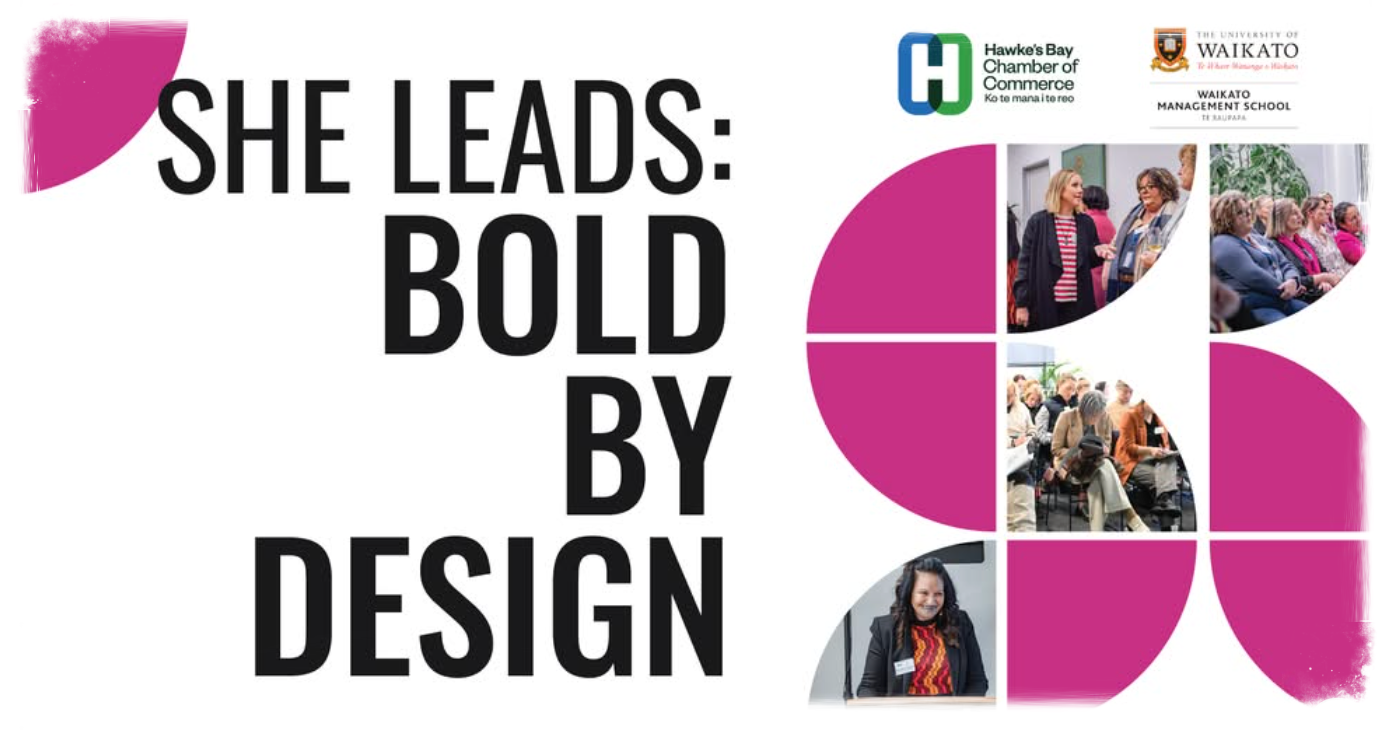
If you’re craving a monthly burst of creativity and inspiration, my newsletter, The Colourful Times, delivers just that! Enjoy inspiring stories, handy hacks, a healthy dose of humour, and exclusive first looks at my new book project. Ready for a colourful read?
I aim to make my writing as upbeat as possible, and I imbue it with all the brio and humour I can. I hope anyone who reads my stories is inspired, maybe a little challenged to think differently or more deeply, and maybe nod in agreement as they read because it strikes a chord.
I tell a good story a. Loads of topics in my repertoire, from resilience to staying visible and vibrant.
My next gig is with Hawke's Bay Chamber of Commerce to challenge women to stop playing it safe and lead with visibility and intent (10/3/26 Hastings. Great excuse for a trip to Hawke's Bay—book your place.
My day job
Becoming managing director and owner of creative agency anddesign studio Moxie Communications in 2010 was the natural extension to a career focussed on helping great ideas reach the world.
I’ve worked with people and organisations of every type to help them create and manage standout, impactful brands and strategic visual communications.
I have also co-founded and built the brands of several businesses. These include a pioneering smartphone app for events and New Zealand’s first virtual events producer. I’ve held senior management and governance roles in four countries across several sectors.
I believe everyone should have access to high calibre brand thinking, so I've just launched our online learning platform the Brands With Moxie Academy. It's for people at any stage on their brand journey who understand that a compelling and believable brand puts them on a faster track to success.



